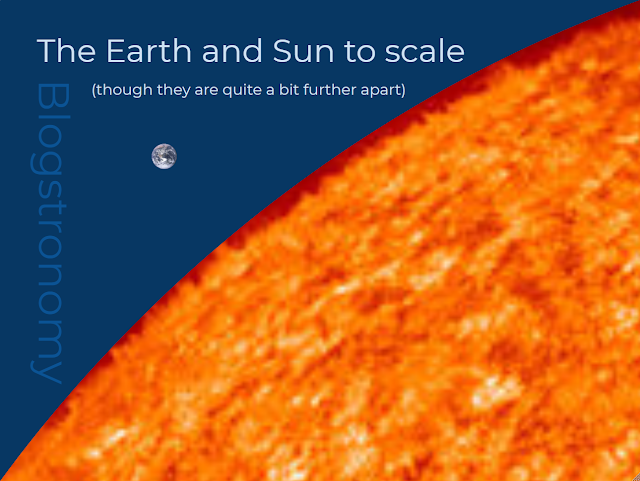Book Review: Gravity (2nd Ed.) by Nicholas Mee
 |
| Gravity (2nd Edition) cover |
Gravity is a tale as old as time, with its principle, titular character having quite literally guided the development of our universe from its very beginnings nearly fourteen billion years ago. As the weakest of the four fundamental forces of nature it is perhaps surprising that it is often considered the most important, but back in 2014 the release of the first edition of this book saw a comprehensive yet surprisingly readable biography of humanity’s understanding of this mysterious yet eternal presence in our lives landing on the popular-science shelves of your favourite bookshop.
You might be forgiven for wondering whether anything worthwhile could have happened over the following nine years that prompted Nicholas Mee to consider updating a book that did such a good job of covering the previous thirteen-point-seven billion, but here I am reviewing Gravity’s Second Edition.
Indeed, much of the first half of the book hasn’t changed: Chapter 0 hooks us with the strange-but-true statement that none of us has actually ever felt the force of gravity, before discussing briefly what we mean by ‘gravity’ and how it affects our existence despite us never having felt it directly. Chapter 1 begins with a name familiar to anyone who has studied physics at school, Sir Isaac Newton, using him to ground us in the story of gravity and as a stepping stone from which to work back to the very beginnings of humanity’s quest to understand it. As our understanding of this history hasn’t grown much in the intervening years, neither has Mee’s treatise upon it: as in the First Edition, the first few chapters present us with a succession of people who made key discoveries, and the events which prompted them. Far from a mere historical account, however, the book is peppered with puzzles and brainteasers: rather than just reading about the feats of physics and mathematics undertaken by others, we are gently guided towards developing our own understanding of them. And regarding the ‘m’ word in the previous sentence, this is one of my favourite aspects of Nicholas Mee’s books: he’s not afraid to discuss the elephant in the room with many a historical account: the fact that mathematics plays an intrinsic role in the history of human understanding on any theme.
It’s the second half of the book where things change most notably from the First to the Second edition: Shortly after Gravity’s initial publication, the LIGO project detected gravitational waves for the first time in 2015; and despite the first black hole being discovered in 1971 it wasn’t until 2017 that one was directly imaged for the first time by the Event Horizon telescope.
These represent massive steps forward in human understanding of this most fundamental of forces, but the book is roughly the same size as the first edition: how can it be that it hasn’t collapsed into a singularity with the addition of such weighty themes? Clearly matter has been removed to make way: although string theory was de rigueur back in 2014 it has somewhat fallen out of favour since then. Whilst some other ideas have also been reduced or removed, the chapter on string theory has disappeared altogether (though it retains honourable mentions elsewhere).
Gravity (2nd Edition) is a worthwhile addition to the bookshelf of anybody looking to more fully understand the most fundamental of forces, whether from a historical or scientific perspective. It is published by Oxford University Press and available wherever good books are sold.
---
If you'd like to support Blogstronomy you can purchase your copy of Gravity (2nd Edition) through this link, or just search around as normal to find the best deal (though if you're buying online do see if you can get some cashback on your purchase too).
If you do purchase the book and it makes you wonder about something on an astronomical theme please remember that you can ask any questions and I'll do my best to answer them!



Comments
Post a Comment